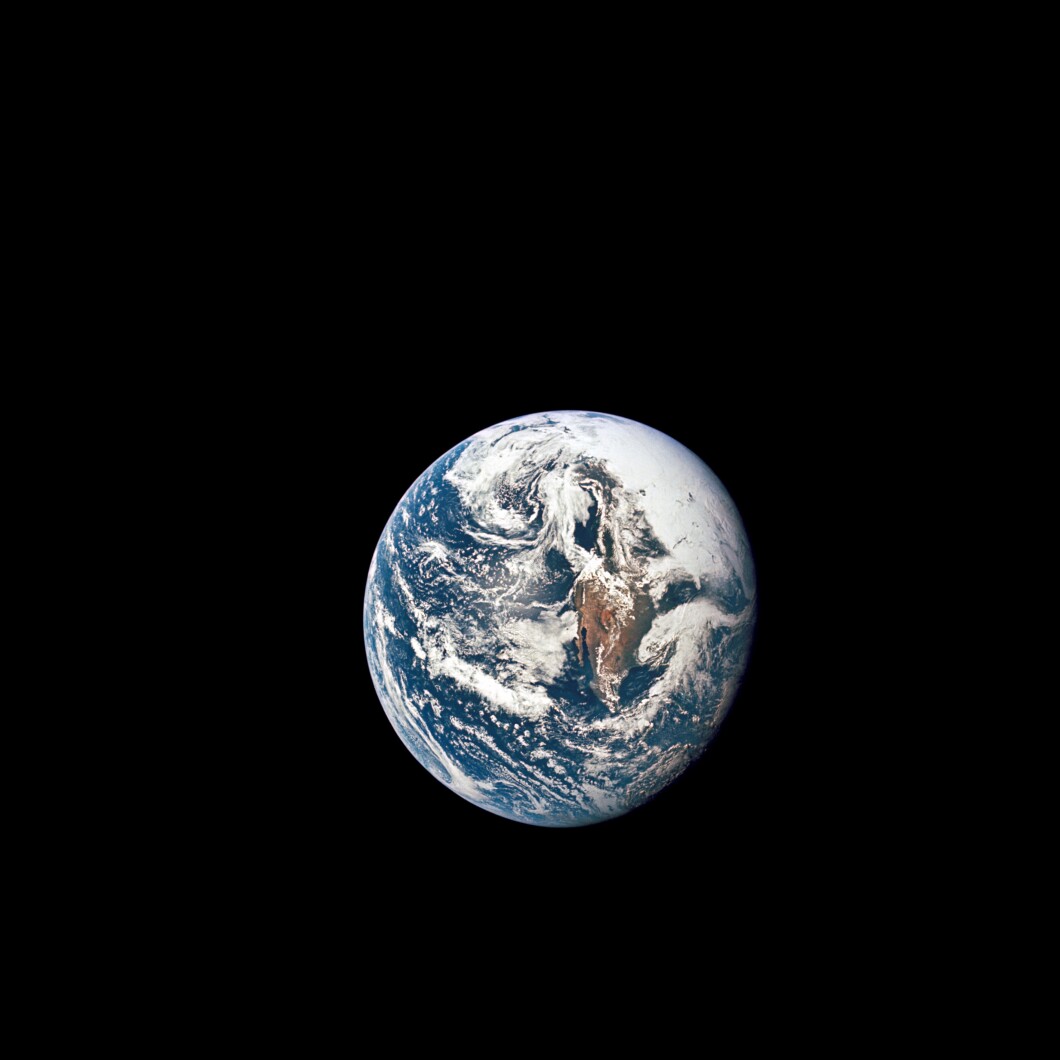
Earth’s rotation speed has markedly increased, enough that it shortened a day in June this year.
June 29 was 1.59 milliseconds shorter than the average day, which is 86,400 seconds. The trend could continue, according to scientists.
Scientist Leonid Zotov of Lomonosov Moscow State University recently published a study on the rotation of the Earth. Zotov speculates that the Earth’s tides could be causing the fluctuation of the planet’s rotation.
SEE IT: JAMES WEBB SPACE TELESCOPE REVEALS INCREDIBLE CARTWHEEL GALAXY

“Since 2016 the Earth started to accelerate,” Zotov said in an interview. “This year it rotates quicker than in 2021 and 2020.”
Should the Earth continue to accelerate its rotation, one solution will be to add a “leap second,” meaning clocks could skip or add seconds. The idea was first introduced in 1972 by the International Earth Rotation and Reference Systems Service. There have already been 27 alterations to Coordinated Universal Time.
Tech company Meta has already voiced its opposition to any more leap seconds in a blog post last month, claiming alterations to Universal Time are disruptive to the digital industry. Meta engineers Oleg Obleukhov and Ahmad Byagowi cited outages at social media platform Reddit in 2012 and network company Cloudflare in 2017.
CLICK HERE TO READ MORE FROM THE WASHINGTON EXAMINER
Zotov will present his research at this week’s Asia Oceania Geosciences Society conference, ending on Aug. 5.







